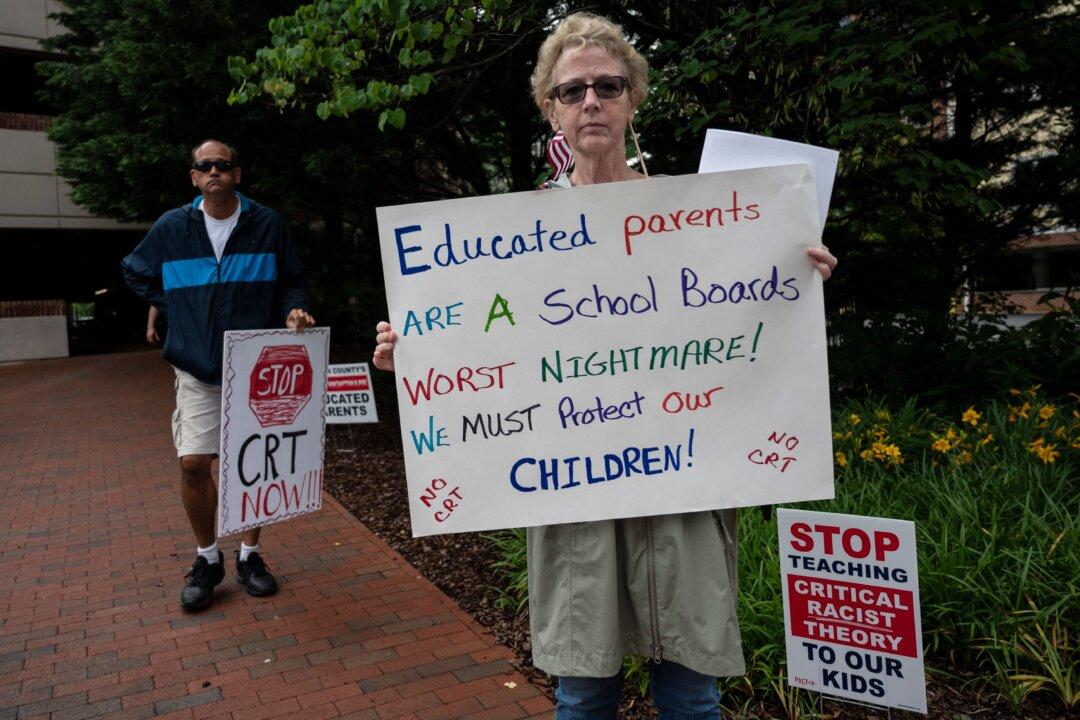Commentary
I’ve read thousands of academic studies, but the worst of them just came out. Sorry for the excess verbiage in the next sentence, but it’s a trait of modern academics.

I’ve read thousands of academic studies, but the worst of them just came out. Sorry for the excess verbiage in the next sentence, but it’s a trait of modern academics.